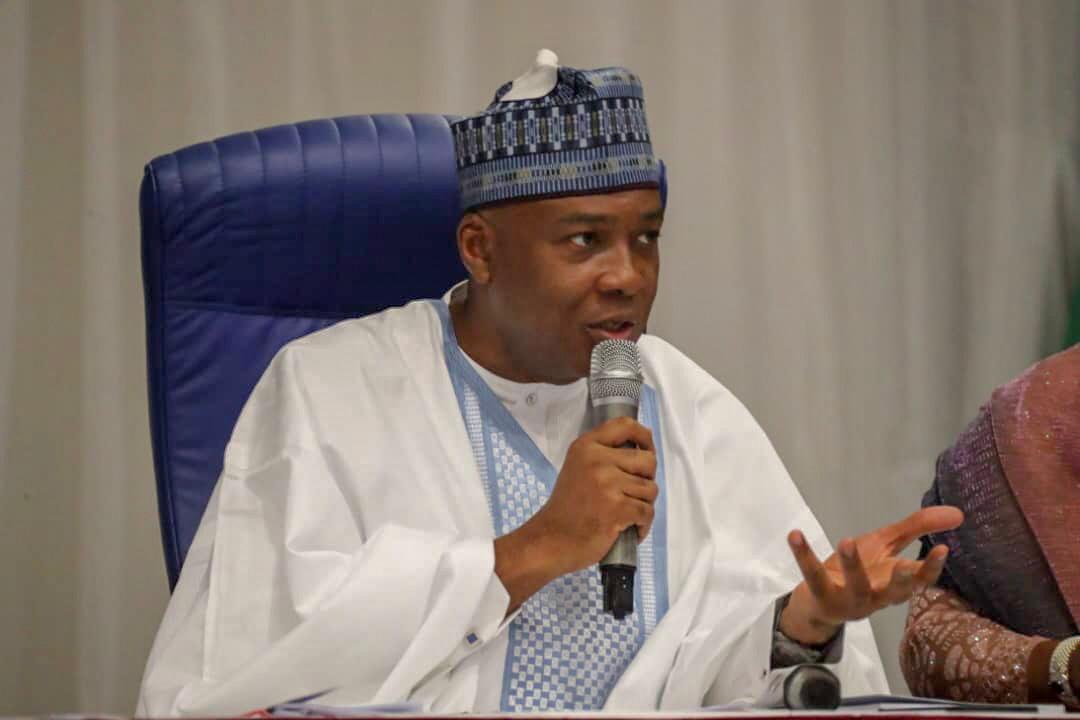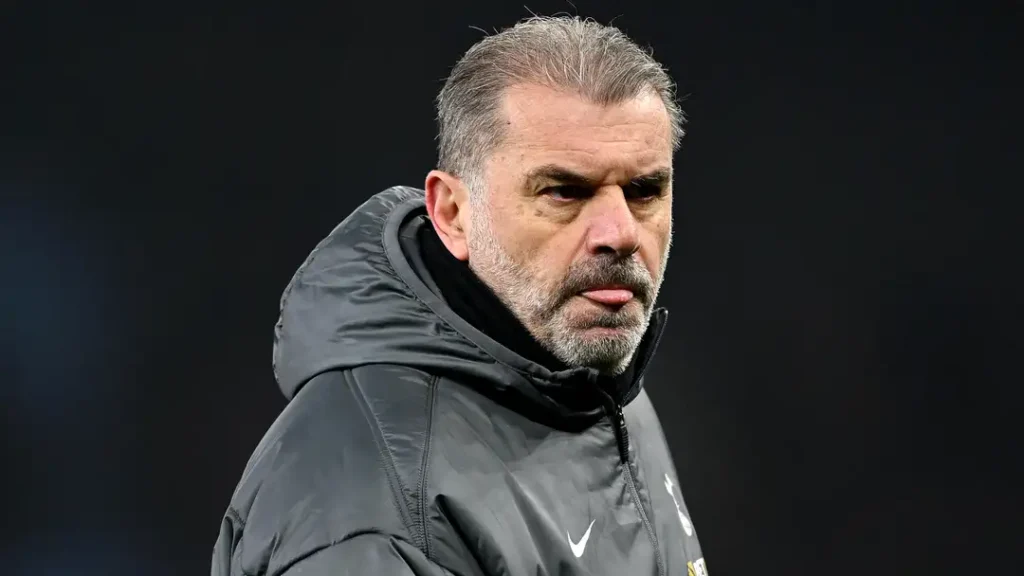At Lagos’ busy ports, officials are fully prepared to implement the new 4% FOB levy, aimed at boosting government revenue.
While the Nigeria Customs Service defended it as necessary, former Senate President Bukola Saraki raised concerns, warning it could drive up prices and hurt struggling households.
With businesses and consumers on the edge, the debate over its impacts intensified.

Consumers To Bear The Cost
Expressing his concerns on X, Saraki criticised the policy, emphasising that importers will inevitably raise prices to offset the new costs.
“This decision will push millions of struggling households further into financial distress,” he warned.
Saraki Questions NCS Spending
Furthermore, he accused the NCS of excessive spending, estimating its annual operational costs at over $1.5 billion, despite 129 million Nigerians already living below the poverty line.
Levy Targets All Imports
Saraki also pointed out that the levy will not just affect luxury goods but will hit all imports, including essential raw materials.
As a result, industries that currently pay a 5% duty will now face an additional customs charge, increasing their total duty payments by 80%.
Read Also: A Costly New Reality For Nigerian Businesses As Customs Introduces 4% FOB Levy
Given that Nigeria’s annual imports stand at ₦71 trillion, he calculated that the new levy would generate an extra ₦2.84 trillion for the Customs Service.
Saraki Challenges Extra Revenue Need
Questioning the rationale behind this policy, he asked, “Why does the Customs Service need an additional ₦2.84 trillion every year when it already receives budget allocations and a share of customs duties?”
NCS Defends Levy, Saraki Disagrees
Meanwhile, the NCS defended its stance, stating that it will begin enforcing the levy on February 5, in accordance with the Nigeria Customs Service Act (NCSA) 2023.
However, Saraki remains sceptical. He warned that this move will not only discourage investors but will also contradict the government’s commitment to improving Nigeria’s business environment.
“How does this align with the goal of making Nigeria a top investment destination?” he asked.
With public concern growing, the debate over the levy’s economic impact continues with no end in sight.

